ESG - environmental, social, and governance
Finding solutions to climate change has become a staple topic of conversation across all corners of society. The UK government’s implementation of its target to fully decarbonise the economy by 2050 has prompted sectors across the country to assess the ways in which they can alter their practices to become more climate-friendly and sustainable.
The financial services sector is no different, with banks and investors joining the trend of exploring innovative solutions to tackle these pressing environmental, social and governance (ESG) issues. They have aimed to provide products and services that promote and prioritise sustainable objectives. This can range from sustainable funds that use ESG criteria to assess the social and environmental impact of investments, to sustainable bonds that enable capital-raising for projects targeting sustainable development and environmental and social objectives.
Consumer Demand for ESG Products Is Growing
Although sustainable investing has existed as a niche interest for many years, the landscape has significantly transformed in more recent times. In fact, with the amount of ESG assets under management experiencing more than 150% growth since 2015, the demand for ESG financial products has become greater than ever. Consequently, 21% of UK consumers currently hold at least one sustainable finance product. This demand is underpinned by younger consumers, with this proportion rising to more than 2 in 5 amongst the under 40s. The ongoing nature of the climate crisis and other environmental issues provide a backdrop for consumers to focus on living a more sustainable life, creating the conditions for further growth of ESG over the coming years.

However, the rise of ESG cannot merely be attributed to a growing consumer appetite for climate justice, or even an opportunity for banks to bolster their brand image. The potential to make profitable returns on investments has also been a driving force behind its increase in popularity, with many sustainable equity indices achieving strong annual growth and even, as the example of the MSCI World SRI index shows, outperforming their standard counterparts.
Many UK banks are responding to this increase in popularity by providing a range of ESG-centric products and services that extend far beyond investment products. Green loans, which provide businesses with funding for environmental projects such as energy efficiency and green transport amongst others, are a clear example of this, while green mortgages reward borrowers for buying or building a property to make it more sustainable and energy efficient.
Financial institutions that developed these products find themselves in a strong position to profit, given 50% of consumers are interested in taking out a sustainable banking product within the next two years. Sustainable credit cards (23%) and deposits (18%) stand out as the most popular products under consideration. This diversification of products demonstrates that ESG is ready to service a host of needs across the day-to-day banking experience and has an opportunity to cement itself as a core component of the UK finance landscape in the future.

Consumer Expectations of Banks’ Sustainability Practices Also Rising
From a consumer perspective, there is not only an expectation on banks to provide sustainable finance solutions, but also to engage in environmentally sustainable initiatives and services themselves. More than a third of all consumers would like to see their main financial institution commit to reducing the environmental impact of its operations or to becoming carbon neutral, while 29% want to see a reduction in investment in companies connected with fossil fuels and oil production. Failing to engage in these practices could act as a differentiator between providers in the market and lead to main bank customers looking elsewhere for ESG products going forward; it is crucial that banks listen to their customers and act to engrain these practices across their operations.

Banks May Face Additional Challenges Implementing ESG
While the opportunities for financial institutions in the ESG area are vast, there are certain trends on the horizon that are likely to shape what’s to come in 2023. The impact of the energy crisis cannot be overstated and represents a challenge to ESG’s journey. With the UK’s (and Europe’s) lack of energy security and the cost of living crisis causing budgets to be allocated frugally, there has been nervousness from key figures across the economy that the objective of transitioning to a green economy, thus expanding the ESG agenda, will be put on the back burner. This could potentially cause investors to re-evaluate their ESG priorities, particularly if there is a greater requirement for capital expenditure on fossil fuels.
Additionally, the proposed new consultation paper that focuses on the introduction of new regulations for ESG rating providers, published by the UK government in March 2023, is likely to be a hot topic in the coming months. With expectations that it will be more rigorous than the current regime, the regulation is to provide transparency of the methodologies of these rating providers as well as to mitigate risks arising from potential conflicts of interest. Providers will be required to meet certain standards and not provide investors with inaccurate or incomplete information about a company’s ESG rating. It will be interesting to see what influence the potential introduction of regulations has on the wider ESG landscape over the coming months and years.
Next Steps for Banks
Sustainable finance has enjoyed a substantial rise in popularity over the last few years, attributed to both increasing awareness of climate change and its potential for high investment returns. The stage is set for sustainable finance to be a mainstay of the UK banking landscape, with providers looking to offer an increasingly diverse ESG product range. With consumer demand for environmentally conscious banking expected to grow in the coming years, financial institutions must be prepared to not only offer adequate ESG products but also engage in sustainable practices and initiatives in order to win over the hearts and minds of consumers.
Get in touch to learn more.
Subscribe to get the latest RFI data and insights.
About the Author
Austin Laylee is an Insights Manager at RFI Global, having joined the company in 2018. Austin primarily focuses on uncovering trends and producing data-driven insights on a range of topics within the consumer banking space, working closely with key stakeholders at financial institutions around the world to address their business priorities.

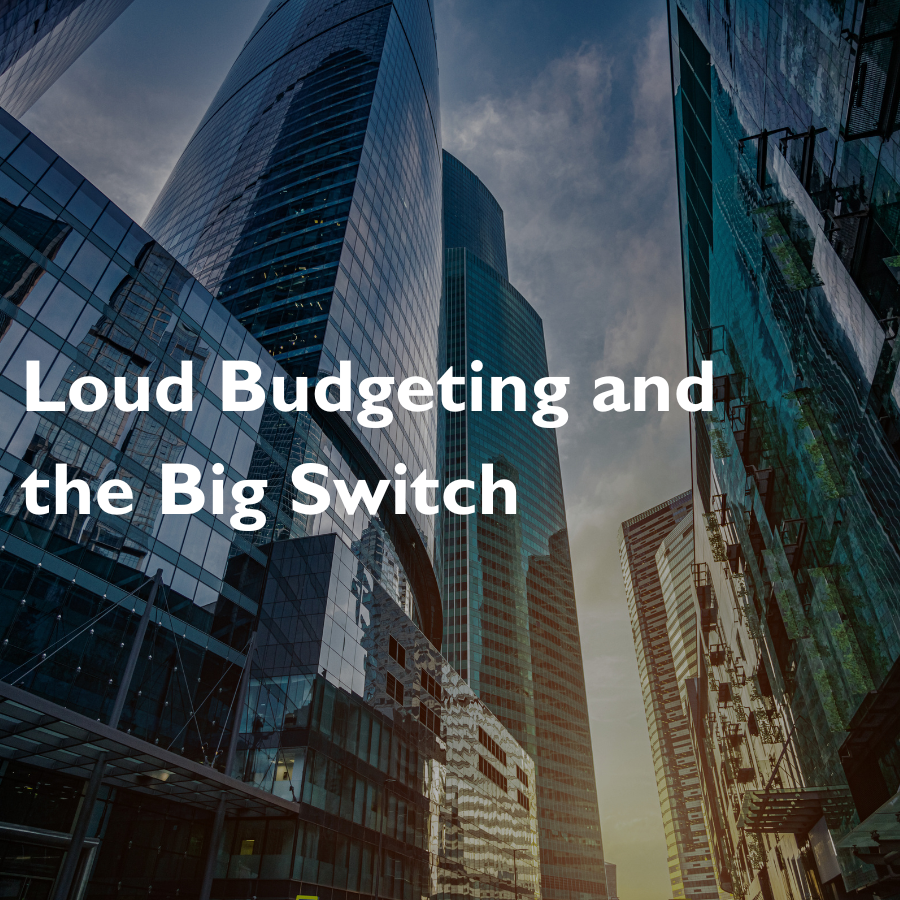





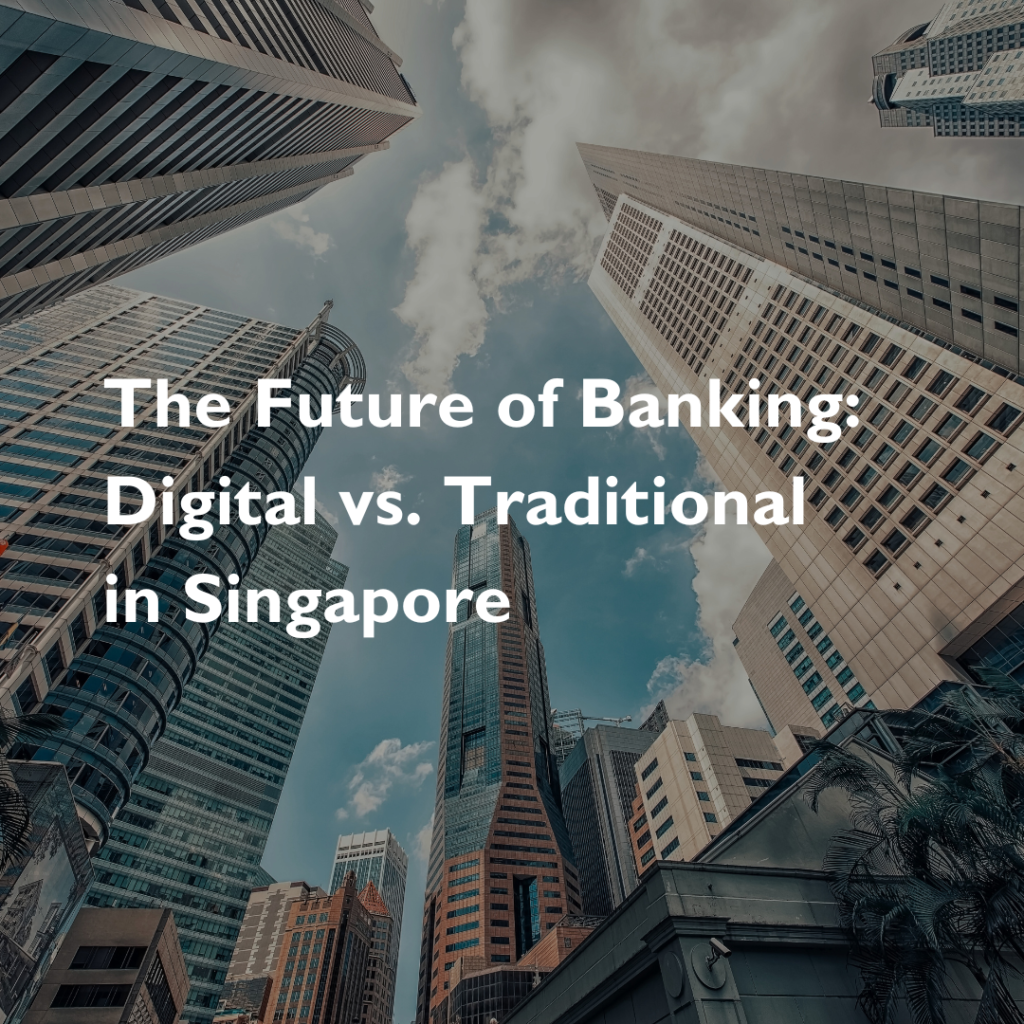
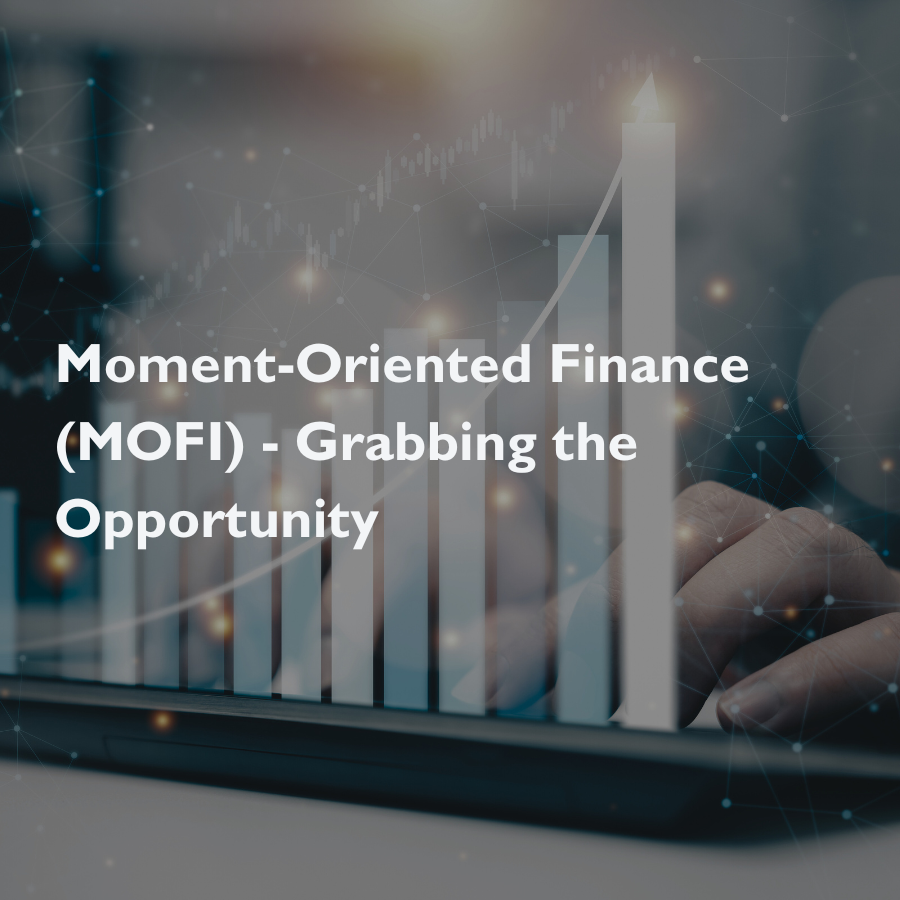






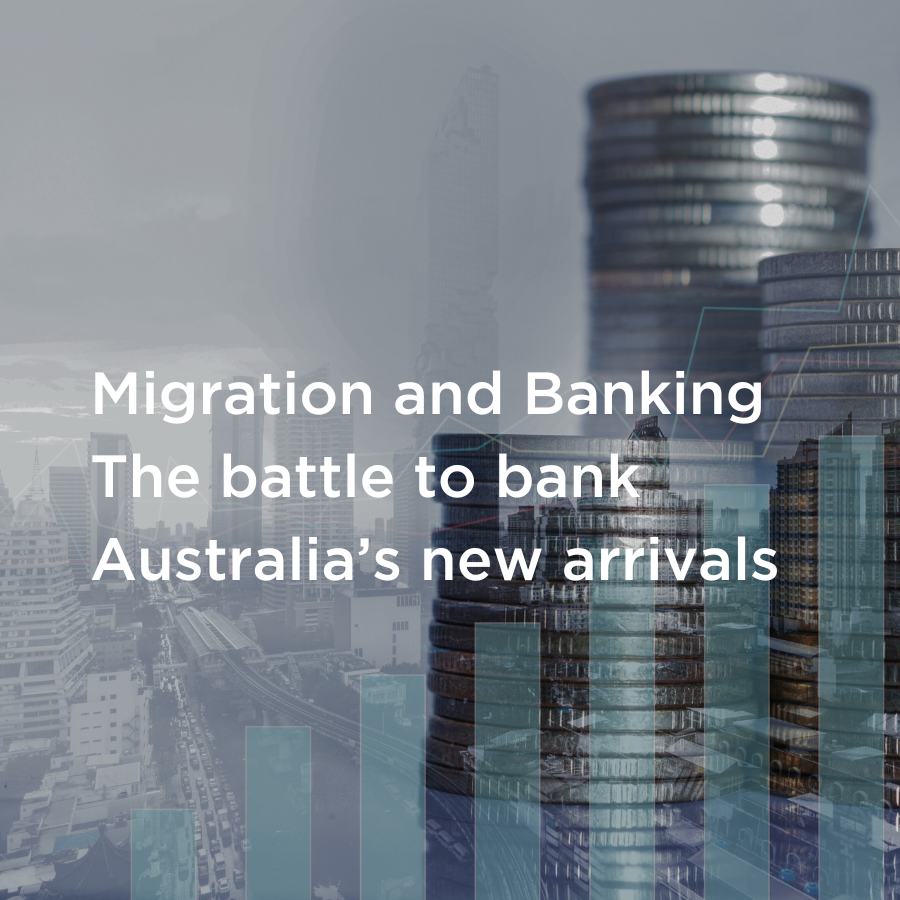




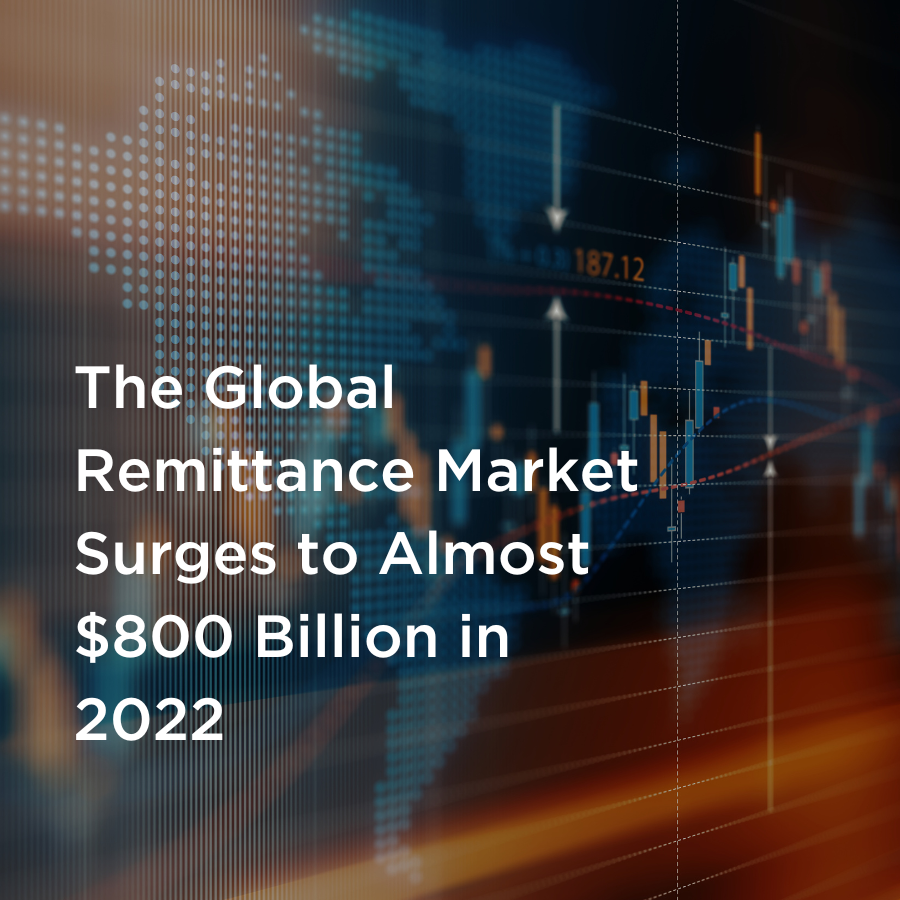




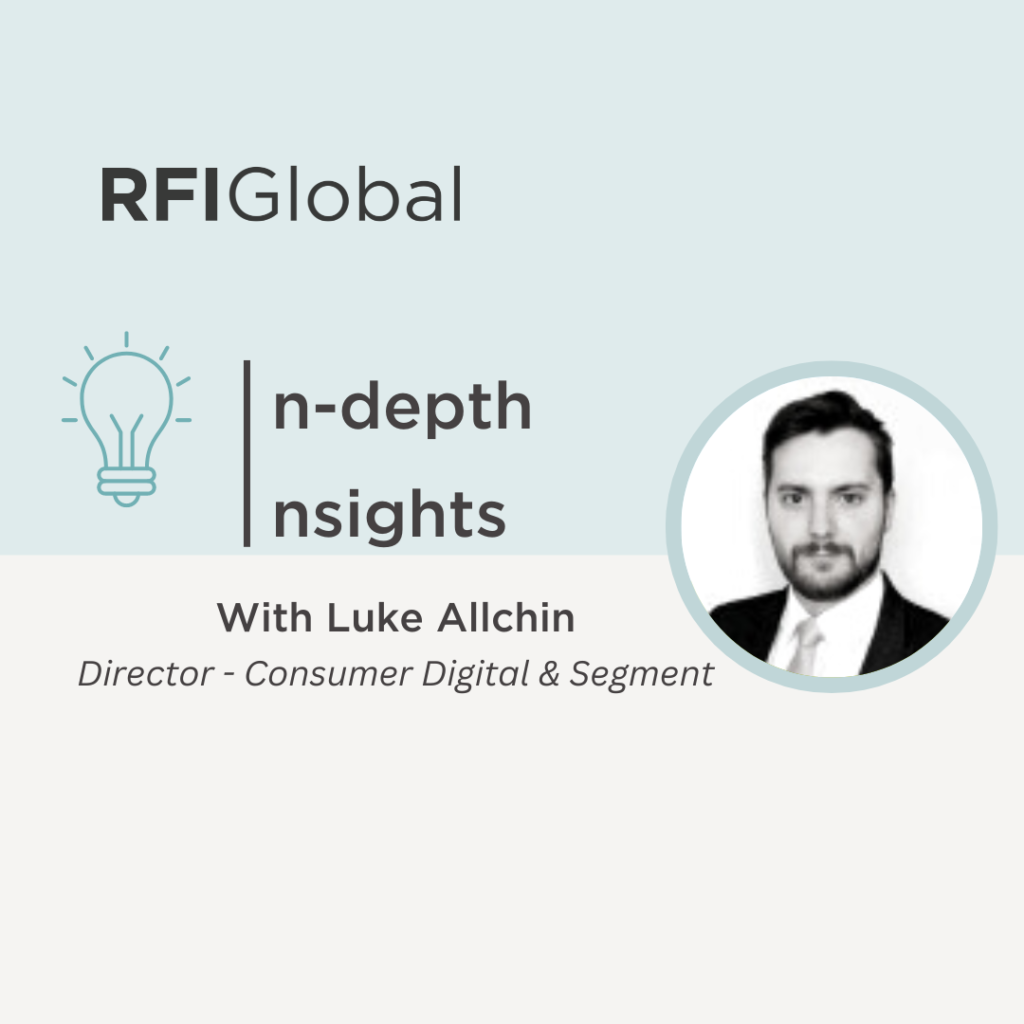
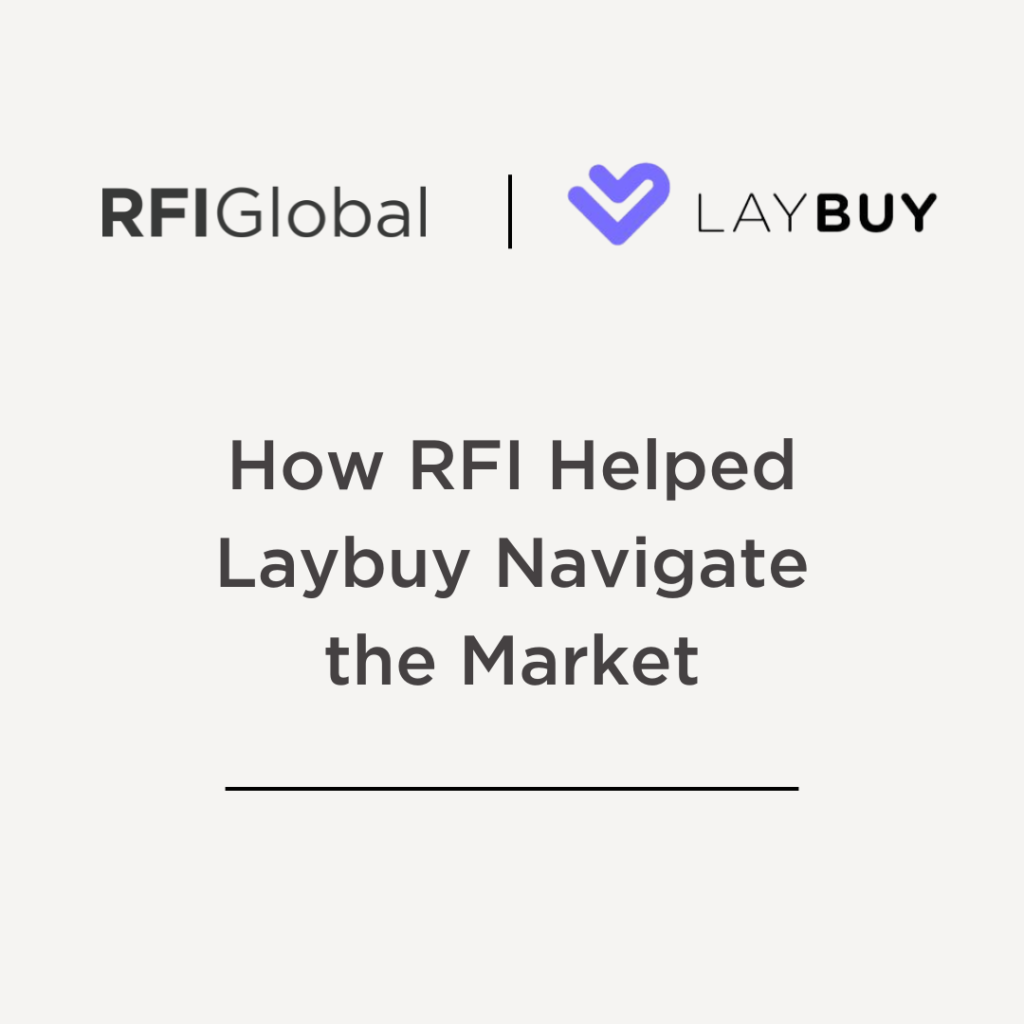
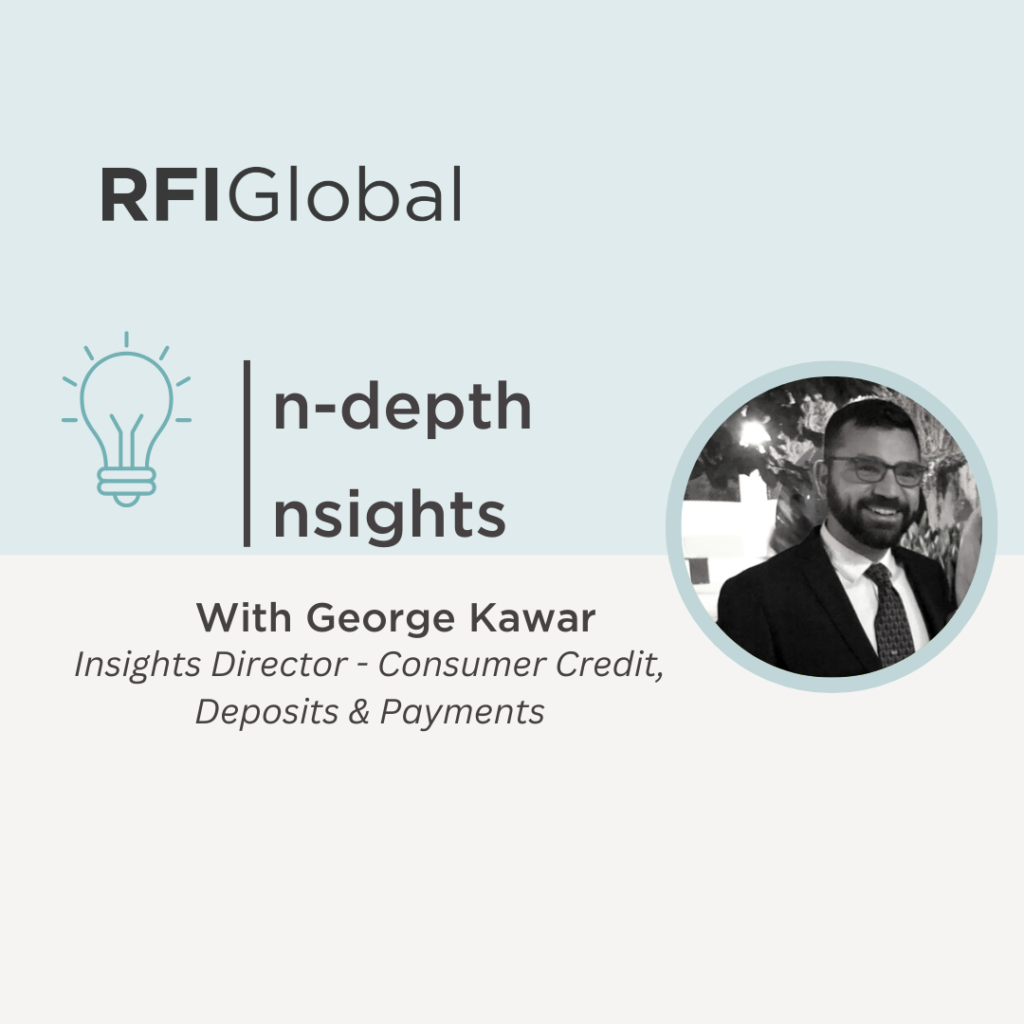


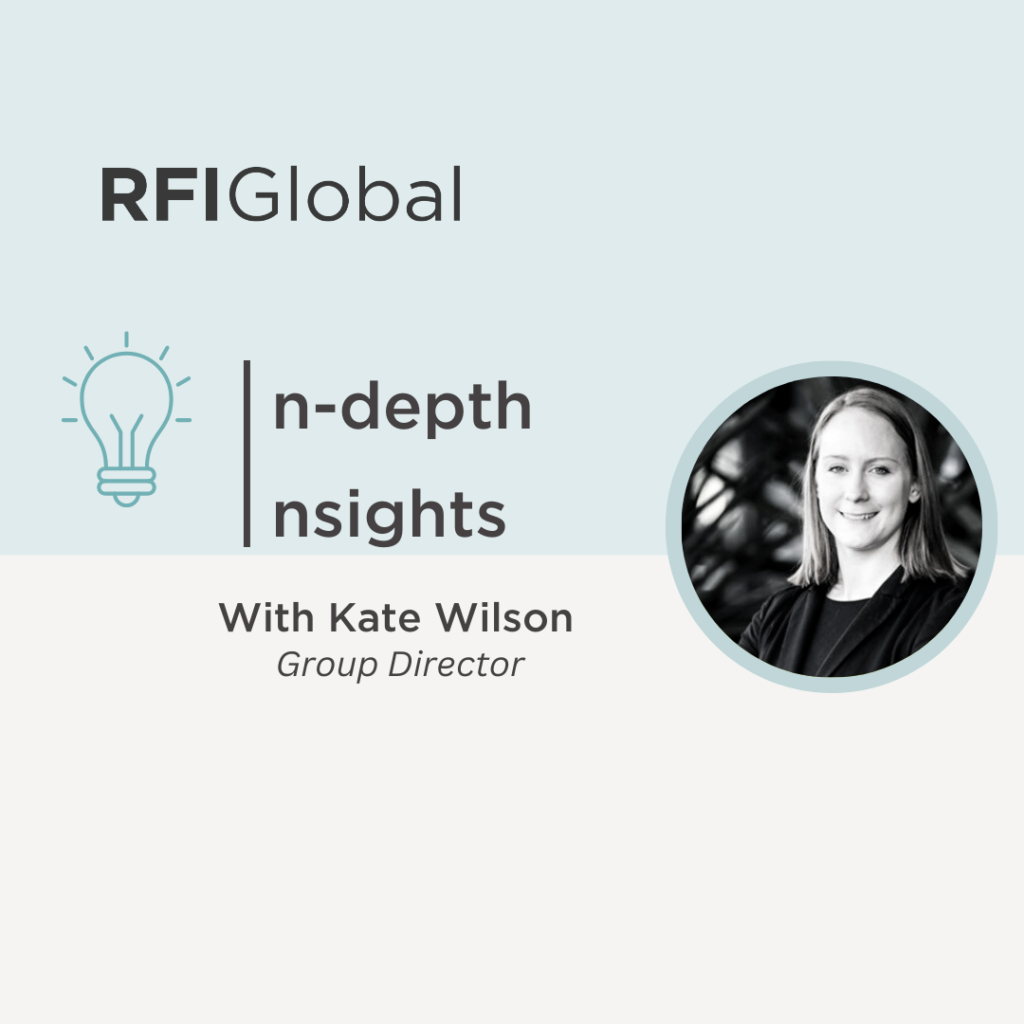



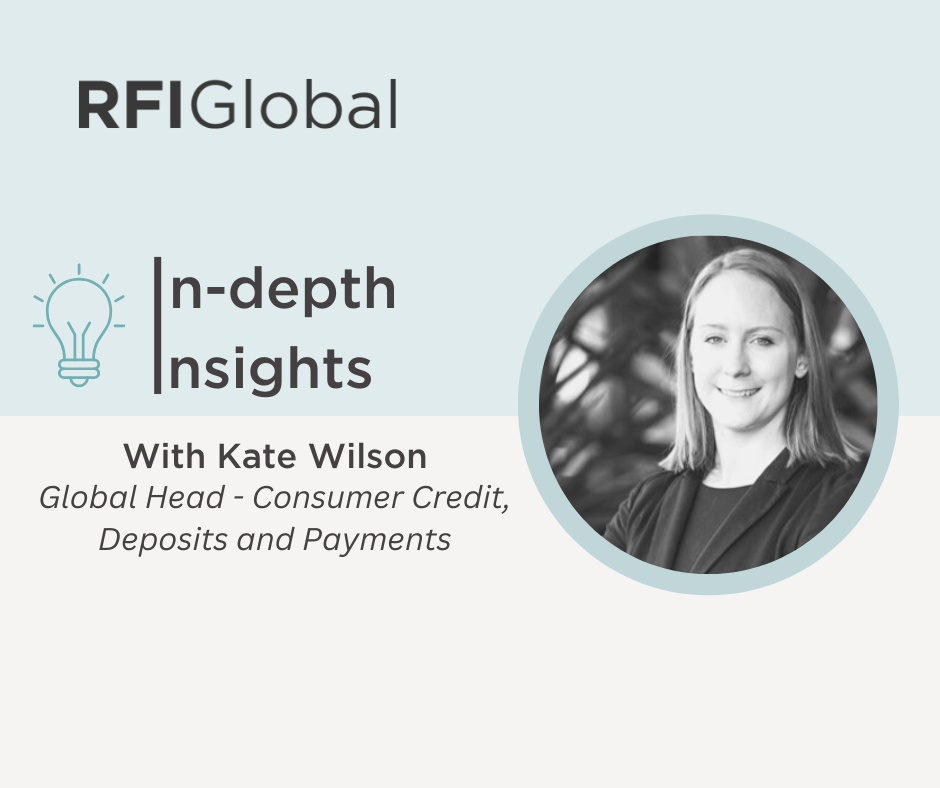
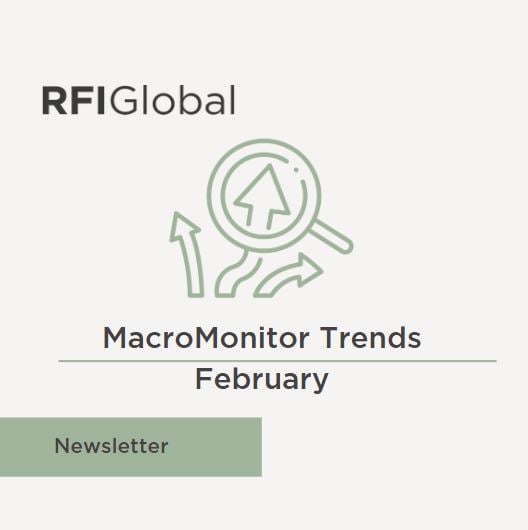


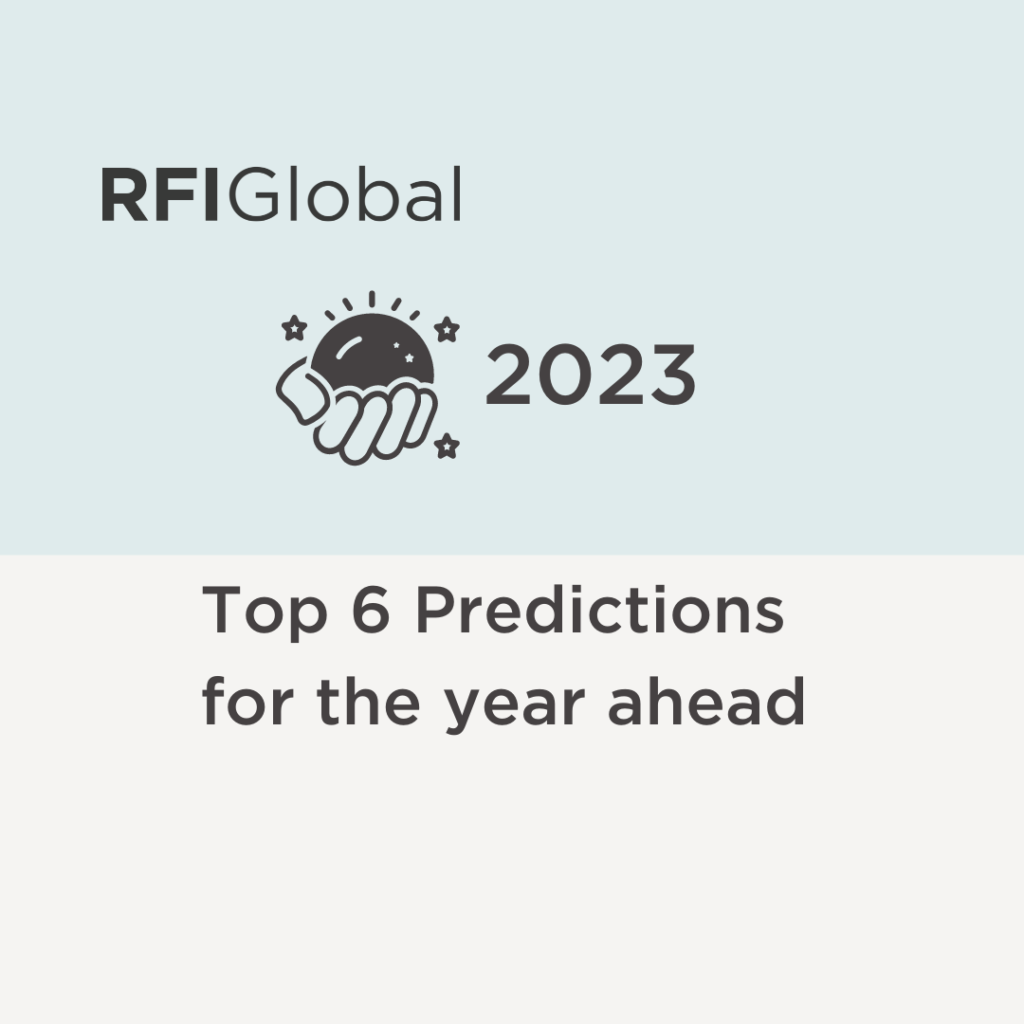
















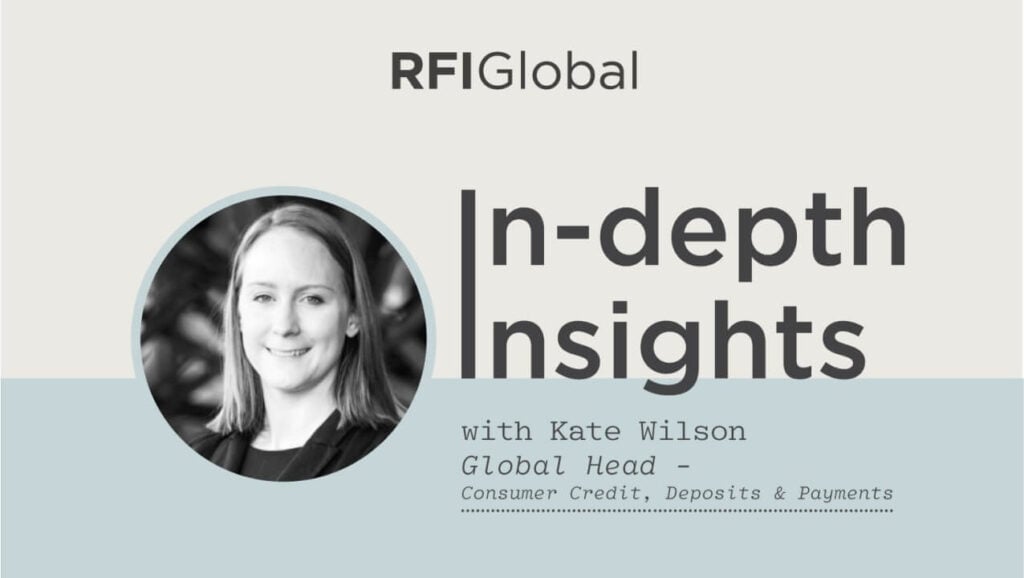










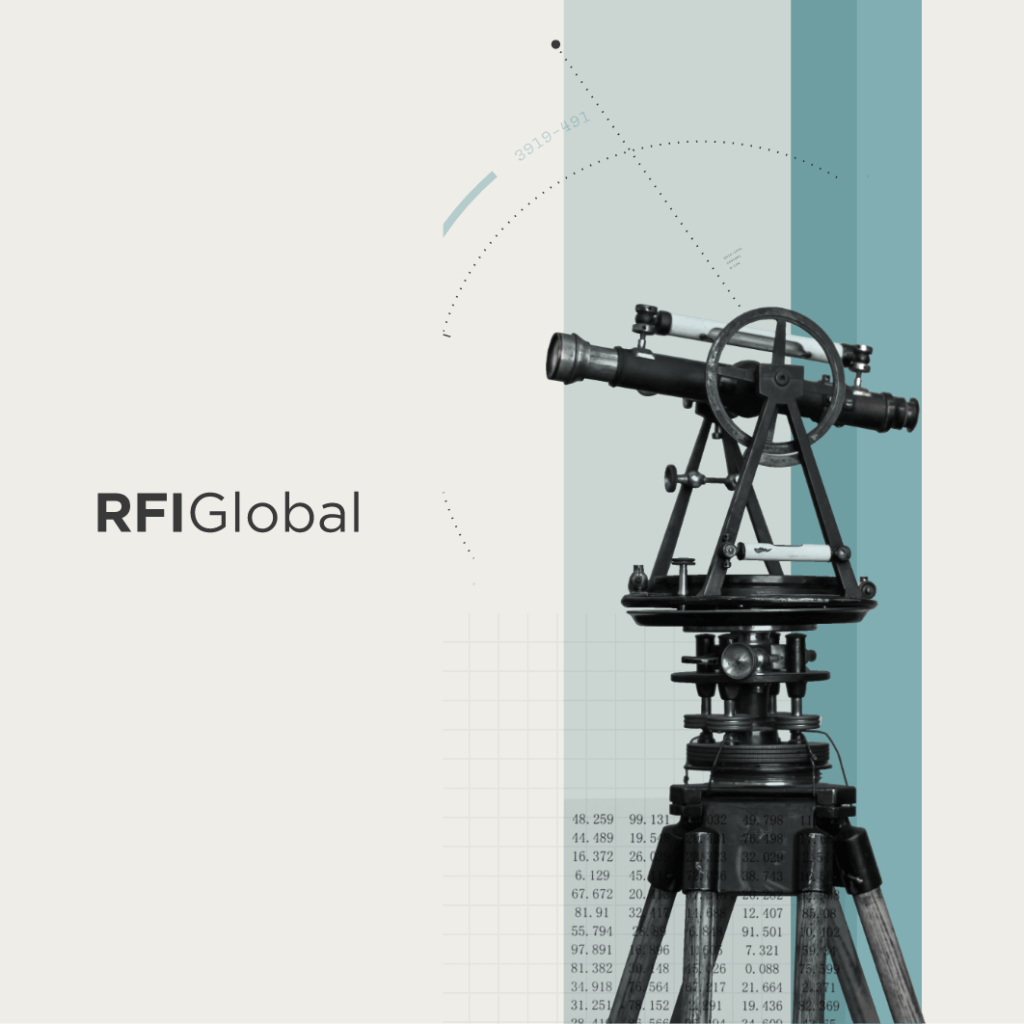


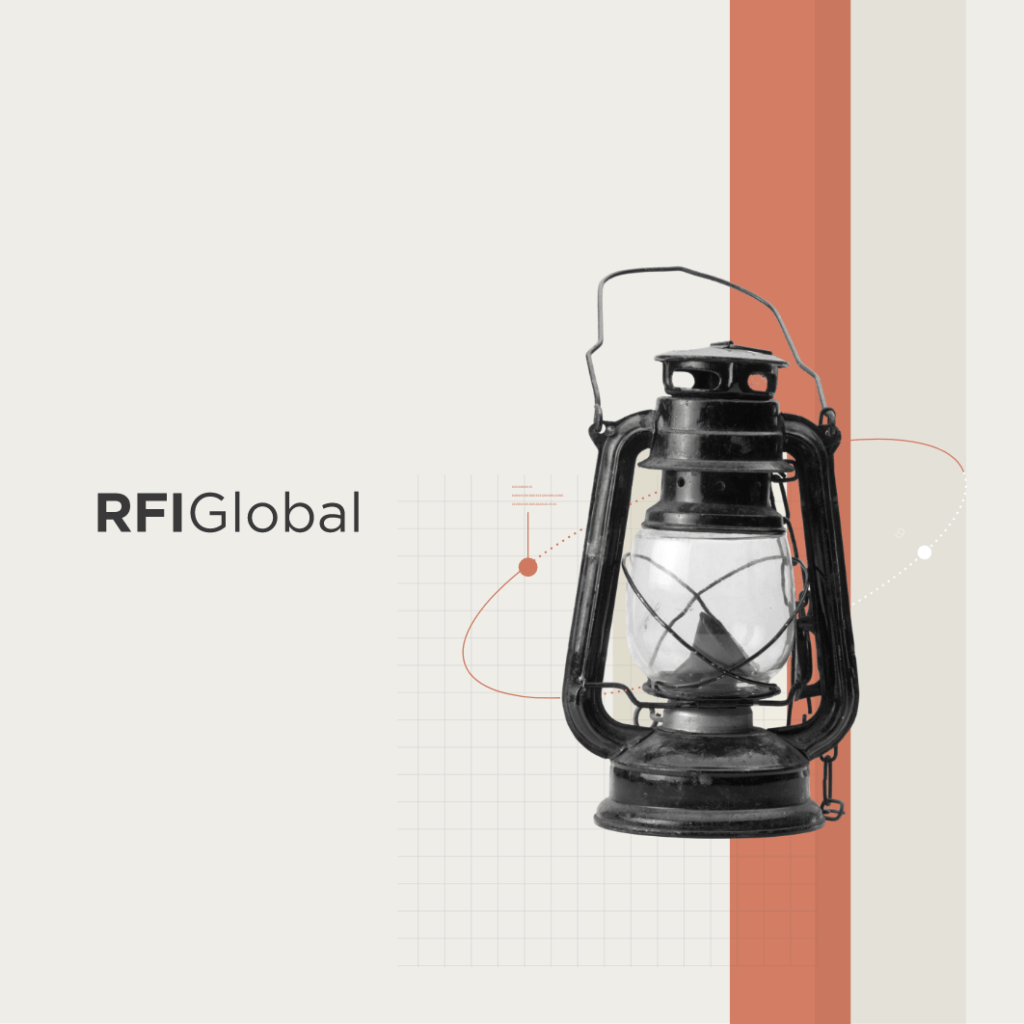

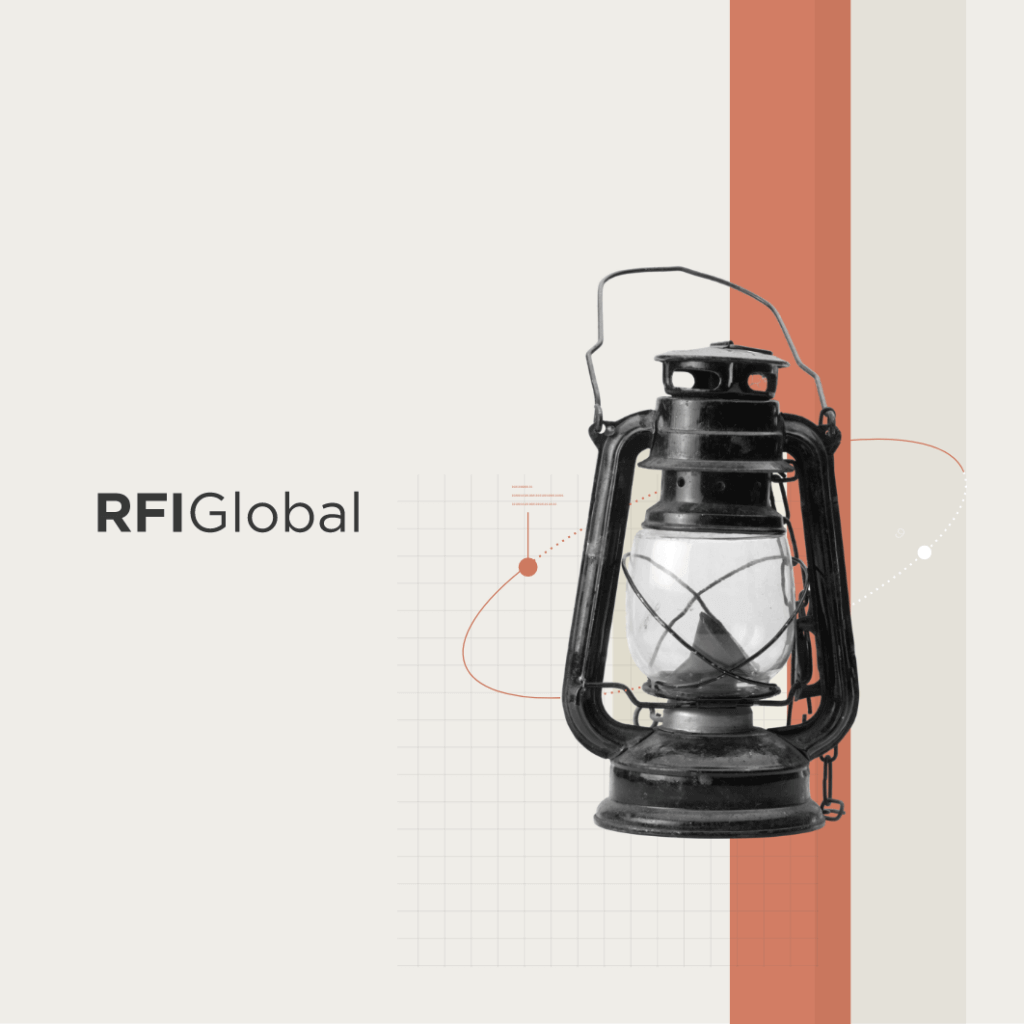
/NQA-ISO-27001-Logo-UKAS.jpg)